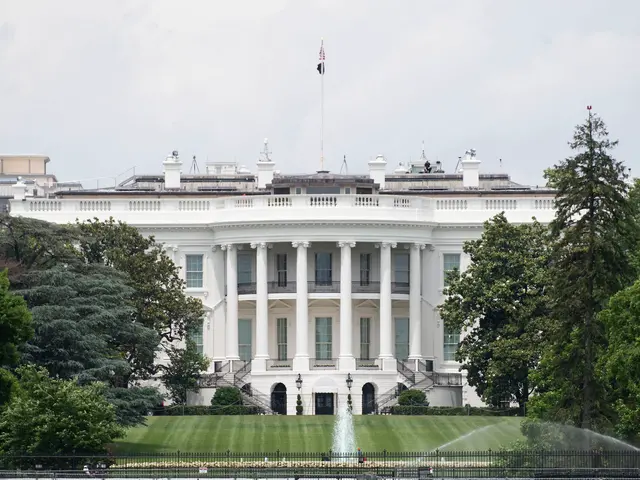Nearly 28 million people may be forced to leave their homes as a number of U.S. states are ending bans on evictions enacted amid the pandemic, raising concerns over public health during the COVID-19 crisis, U.S. experts have said.
As many as 28 million people could be evicted in the coming months, said Emily Benfer, the co-creator of Princeton University's Eviction Lab, a national research center on evictions.
A number of U.S. state governments have introduced eviction bans in March as COVID-19 ravaged the country's economy and forced millions of Americans into unemployment. However, the moratoriums have already expired in 29 states and are about to end in others.
According to data by Princeton University's Eviction Lab, eviction bans have been lifted in cities including Houston, Cincinnati, Cleveland and St. Louis.
In Milwaukee, the largest city in the state of Wisconsin, eviction filings dropped to nearly zero after the state introduced an emergency ban in March. But after the order was lifted in May, evictions surged past the pre-pandemic levels, the Princeton lab's data showed.
Earlier this month, a study by the Federal Reserve Bank of Cleveland found that in 44 U.S. cities and counties, eviction filings by landlords have almost returned to the levels where bans were never enacted.
The massive displacement amid the coronavirus outbreak has raised concerns among health experts.
Displaced families are less able to shelter in place, thus creating conditions for the virus to spread widely, said Diane Yentel, president of the National Low Income Housing Coalition.
"In these cases where social distancing is difficult or impossible, the likelihood of them contracting and spreading coronavirus increases exponentially," Yentel said.
"A key tenet of prevention in a pandemic is to have the infrastructure that will minimize transmission from person to person," said Nasia Safdar, an infectious disease physician.
"Any activity that breaks down that structure makes containment of a pandemic exceedingly difficult," said Safdar, also the medical director for infection prevention at the University of Wisconsin School of Medicine and Public Health.
 简体中文
简体中文

